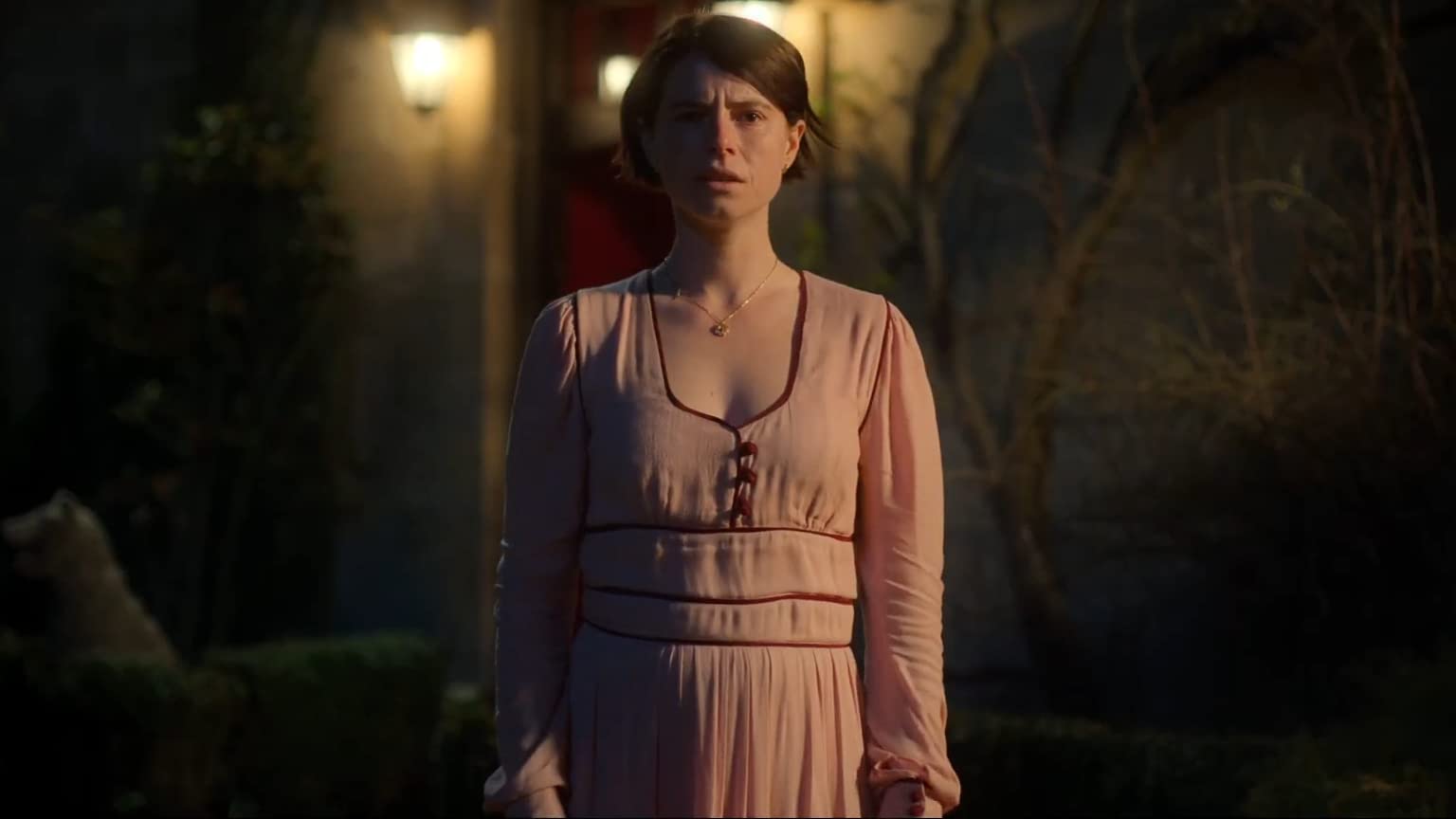Year: 1988
Director: Francis Ford Coppola
Screenplay: Arnold Schulman and David Seidler
Starring: Jeff Bridges, Joan Allen, Martin Landau, Frederic Forrest, Mako, Elias Koteas, Christian Slater, Dean Stockwell
Running Time: 110 minutes
Genre: Comedy, drama, biography
The Man: Preston Tucker (Bridges), ambitious engineer who made his fortune designing and building gun turrets for aircraft during World War II.
His Dream: To manufacture the 'car of the future'. His "Tucker Torpedo" features an engine mounted in the rear of the car, and revolutionary safety features, such as seatbelts.
However, the manufacture of the car is plagued with issues, and as enthusiasm for the car mounts, Tucker runs afoul of the "Big Three" car manufacturers (Ford, General Motors and Chrysler) as well as accusations of fraud from the U. S Securities and Exchange Commission.
You might not think of Francis Ford Coppola, director of such films as The Godfather (1973) and Apocalypse Now (1979), as the person to direct a gentle, charming comedy-drama based on real-life failed automobile entrepreneur Preston Tucker. Coppola had first conceived of the project in the 1970s, and originally envisioned Marlon Brando or Jack Nicholson in the title role, and later planned to make the film as a musical, although the plan collapsed. With Coppola's friend, George Lucas, serving as executive producer the project eventually came to fruition in 1988, to good reviews but poor box office receipts. Jeff Bridges brings all of his considerable charisma to bear as the charming, confident Preston Tucker, and Joan Allen is very good, in the slightly underwritten role as Tucker's loyal wife Joan, although she has a great scene where she confronts a boardroom full of patronising men. Martin Landau was nominated for an Academy Award for his role as financier Abe Karatz, who helps Tucker raise funds for his dream, and Christian Slater has a small role as Tucker's teenage son. Dean Stockwell has a memorable cameo as a creepy Howard Hughes. The film looks great with a real feel for the 1940s style, and the action is punctuated by amusing 1940s style adverts for Tucker's car. While this is not a great film by any means, and far from Coppola's best, it actually deserves to be a lot better remembered than it is, because it is a good film. In the end, Tucker made 51 of his Tucker Torpedoes. Francis Ford Coppola and George Lucas each own two.
Jeff Bridges in Tucker: The Man and His Dream






